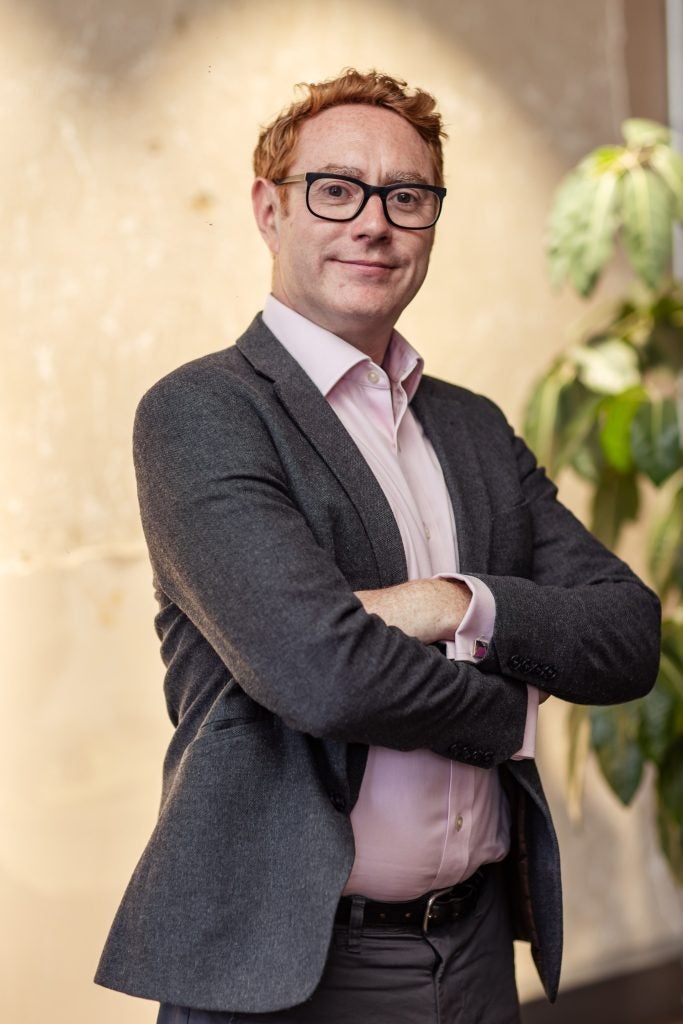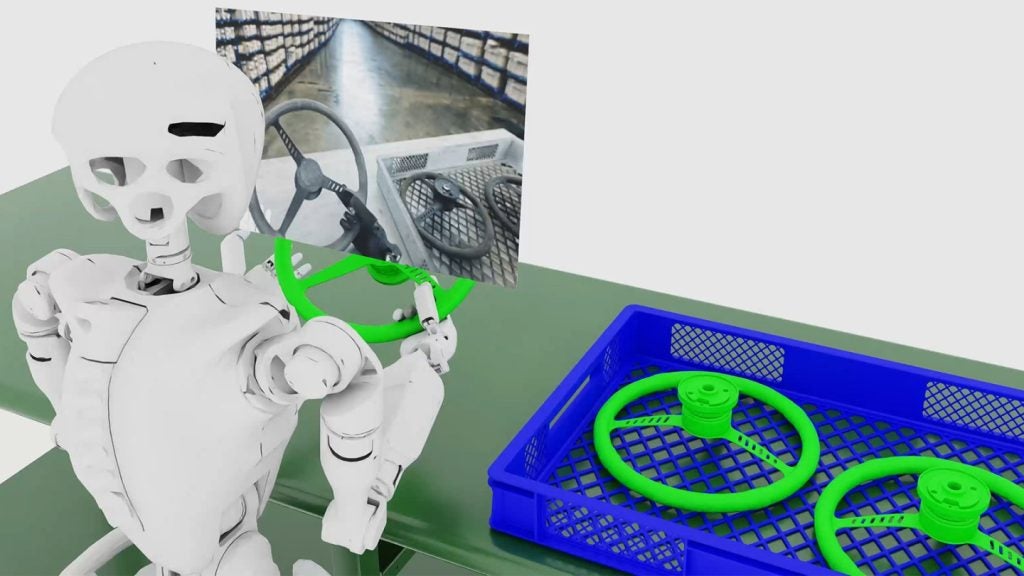
According to research by the National Oceanic and Atmospheric Administration, 2023 was the hottest year on land and in the world’s oceans and was the fourth warmest year for the Arctic. It has now been 47 years since the planet had a colder-than-average year.
Investment partner at Sustainable Ventures’, Stuart Ferguson, says sustainable technology has continued to be a top priority for the company since its inception around 12 years ago.
“We are entirely focused on developing and scaling climate tech solutions and have been since day one,” explains Ferguson, “we are on a mission to develop 1,000 companies by 2025 and we will smash that number quite easily. Our overarching strategy is to combine money with expertise and place these with community people.”
“Bringing those three strands together should help startups de-risk quicker and grow faster,” he continues, “So in practice, we run a shared workspace in London’s old County Hall building and we’ve got over 100 startups working under our roof.”
Ferguson was quick to explain how Sustainable Ventures’ coworking space differentiates itself from competitors, with tangible benefits available to its customers.
“We don’t want it to be just another Wework,” Ferguson explains, referring to the controversial co-working space company, “there’s got to be a genuine added value from being inside, and that comes from specialist expertise that we can bring in proximity to the startups which makes it easier for us to help them.”
How well do you really know your competitors?
Access the most comprehensive Company Profiles on the market, powered by GlobalData. Save hours of research. Gain competitive edge.

Thank you!
Your download email will arrive shortly
Not ready to buy yet? Download a free sample
We are confident about the unique quality of our Company Profiles. However, we want you to make the most beneficial decision for your business, so we offer a free sample that you can download by submitting the below form
By GlobalData“The peer learning that [startups] can get from being alongside other people doing similar things, tackling similar problems, but perhaps with different technologies, and in different parts of the value chain is brilliant,” says Ferguson, “we’ve got people who are business development experts, marketing experts, hardware engineers, grant writers, you name it. Anything that an early-stage business might need then we’ve got a solution to be able to address that.”
Beyond its holistic support in coworking space, Sustainable Ventures is also passionate about creating technology infrastructure towards net zero.
Whilst Ferguson states that Sustainable Ventures’ current portfolio is dominated by software, he forecasts that investment into hardware will soon outweigh software’s domination.
“We’ve always invested in hardware, so it’s not been a complete shift in strategy, I think it’s just a result of the kind of low-hanging fruits that’s already been tackled,” describes Ferguson, “software will still have an important role to play in the decarbonisation journey, but it’s probably harder industries like steel and industrial processes that face the most pressing need decarbonise and that’s probably only going to come from hardware or materials.”
“We recognise that and that’s why we we’d rather focus our capital on those sectors, [however] these companies are typically harder to build,” continues Ferguson, explaining that hardware investments usually harbour longer R&D (research and development) timelines and are more capital intensive.
However, in a recent 2023 survey conducted by research and analysis company GlobalData around 53% of respondents believed that most industries and companies saw ESG commitments as marketing exercises rather than practices.
When asked about this scepticism, Ferguson explains how businesses can tackle sustainability.
“I think each business is going to have to look at how it motivates its staff, we would echo the fact that a sense of purpose is crucial for the people who work with us,” he says, “every company is different and many are trying to break decades of operational practice. That isn’t just going to happen overnight, but that’s where companies like ourselves come in. The innovations that we back can help companies on that journey.”

However, the technology that sustainable startups create can require huge amounts of computational power and water, calling into question the very sustainability of the technology that aims to help our climate.
Earlier this year in January 2024, OpenAI CEO Sam Altman stated that there would need to be an “energy breakthrough” to sustain the fast progress of AI.
“It’s one of the big questions,” begins Ferguson, “[AI and quantum computing are] going to be a massive drain on energy resources. So, it’s about making sure the infrastructure around the data centres is as energy efficient as possible.”
Careful planning around infrastructure, concludes Ferguson, is paramount to successful and sustainable development in technology.
Sustainable Ventures currently operates in London, with plans to expand to Manchester in the near future. In the medium term, Ferguson states that the company aims to expand into four or five sites in the UK, eventually setting its sights on expanding outside of the UK.







